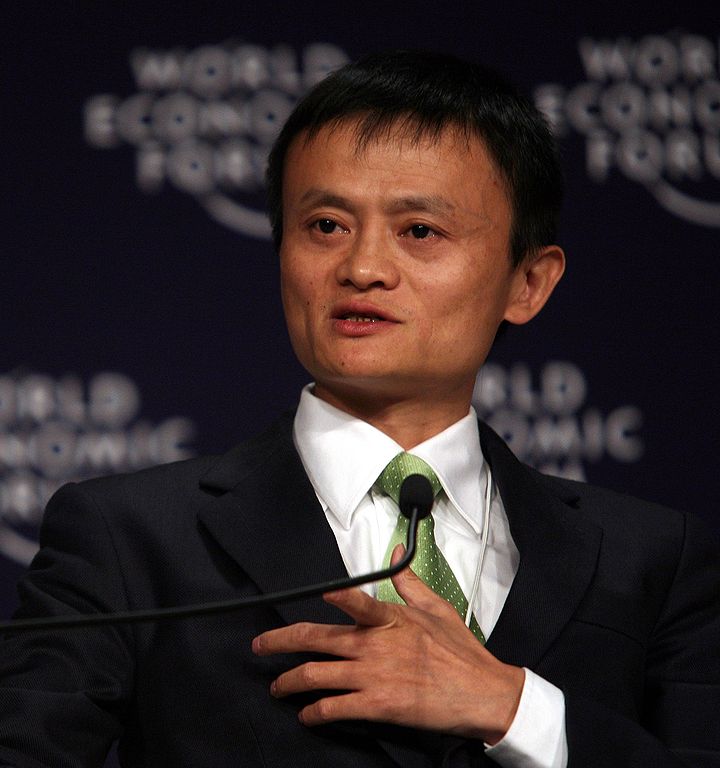Alibaba, essentially the Chinese version of Amazon, is reportedly planning to file for an initial public offering on U.S. markets as soon as April.
In a Financial Times report that cites unnamed sources, Alibaba is “95 percent” close to deciding on New York (over Hong Kong) as its venue for the public-market debut.
A spokesperson from Alibaba said in a statement that the company has “no timeline” for an IPO.
Alibaba describes itself as the global leader in e-commerce for small businesses. Revenues are flowing now, but like many Internet companies, it has humble beginnings. Alibaba was initially launched by former school teacher Jack Ma from his Hangzhou, China apartment in 1999. Ma intended to sell just two dozen items.
June 5th: The AI Audit in NYC
Join us next week in NYC to engage with top executive leaders, delving into strategies for auditing AI models to ensure fairness, optimal performance, and ethical compliance across diverse organizations. Secure your attendance for this exclusive invite-only event.
On Alibaba today, buyers can purchase thousands of products from designer labels and independent retailers. The company generated a massive $2.8 billion in net income through September, according to quarterly filings by Yahoo, with revenue in that period amounting to $6.7 billion.
Investors in the U.S. are paying close attention to Alibaba, as Yahoo owns a 24 percent stake in the Chinese company. It’s a huge boon for Yahoo, which is Alibaba’s second biggest shareholder, with analysts approximating that Alibaba is twice as profitable as Facebook. According to Marketwatch, Yahoo expects that the sale of some 40 percent of its stake in Alibaba will bring a windfall to its balance sheet. Alibaba’s largest shareholder is Japan’s SoftBank Corp, which owns a 36.7 percent stake.
But earlier this week, investor confidence was knocked down a peg or two when the Chinese government said it would temporarily suspend two types of smartphone payments for online transactions in China: the use of QR codes and virtual credit card systems. Actions like these from the Chinese government may enervate some of the potential for a major revenue model: online transaction growth.





![Reblog this post [with Zemanta]](http://img.zemanta.com/reblog_e.png?x-id=3ebc5521-a37f-4985-b446-8d5c2d5479f7)

